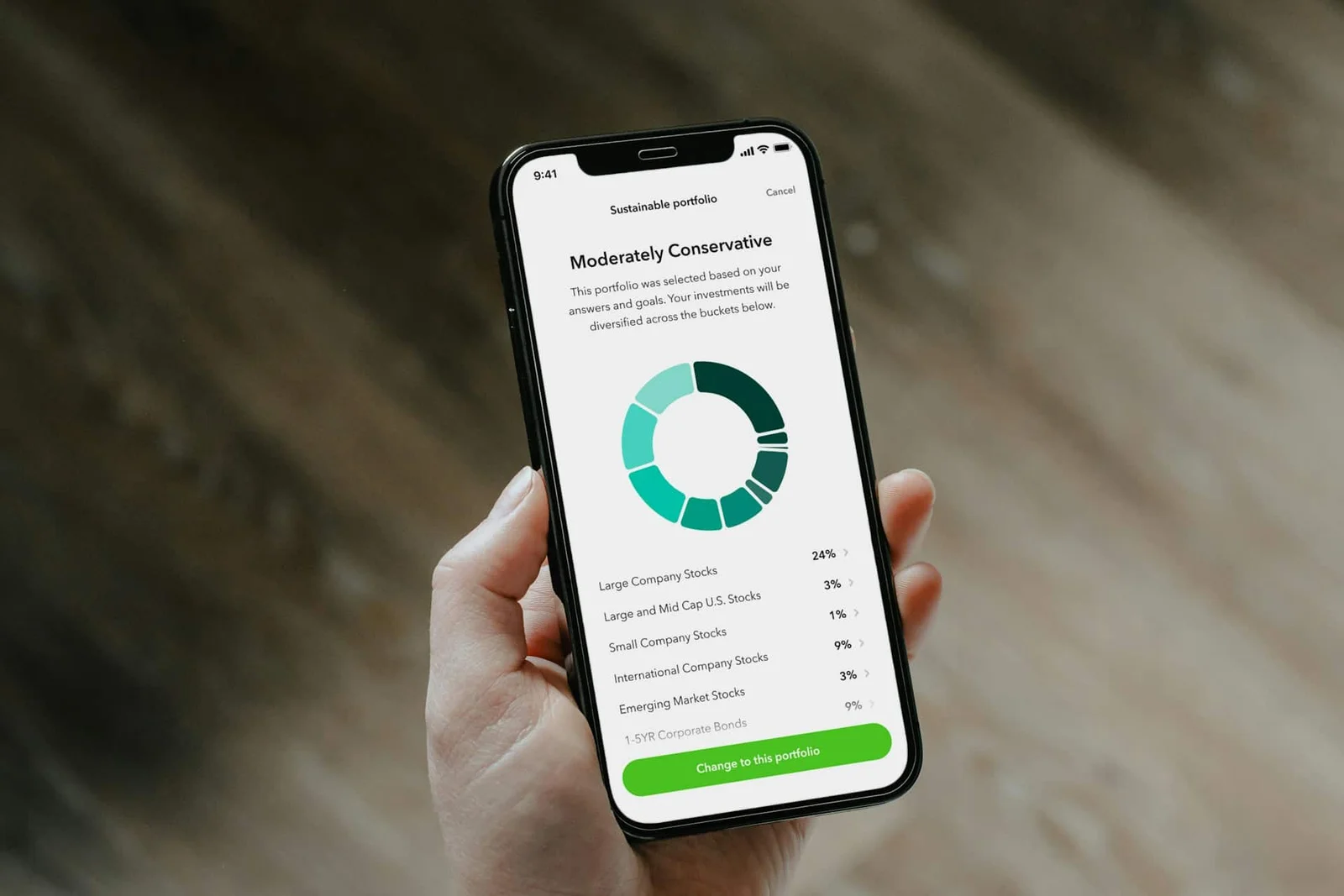Have you ever been curious about what IOF means and how it operates? Chances are you’ve encountered the acronym IOF on your credit card statement or when selecting an investment.
The IOF stands for Financial Operations Tax, and to gain a better understanding of this federal tax, simply keep reading.
What is the IOF? What is its purpose?
The IOF is a federal tax designed to regulate the country’s economy and generate revenue for the government.
A Brazilian tax is imposed on certain financial transactions such as currency exchange, loans, insurance, investments, securities, and credit card transactions.
Real estate funds can be found in various real estate transactions, including the Stock Exchange and redeeming investments in Direct Treasury within a month.
Both individuals and legal entities are required to pay the federal tax known as IOF, yet many are unaware of its purpose or the reason for payment.
Calculating the IOF.
The IOF concerns credit transactions conducted by financial institutions, factoring companies, and among legal entities or between legal entities and individuals.
The IOF due is determined by the daily rates applied to the relevant calculation basis (allowance).
0.0082% daily interest rate for individual borrowers.
For a joint legal entity: 0.0041% per day.
When will the IOF be applied?
The IOF is applied to credit, currency exchange, insurance, property, or securities transactions.
Understanding all aspects of their financial applications is crucial for investors, as overlooking certain factors can lead to costly consequences for their finances. Taxes and fees have a direct impact on profitability and financial independence.
The charged IOF amount varies depending on:
- the kind of financial transaction
- the worth of the transaction;
- Time.
The following are the most frequent instances in which IOF payment is involved.
- Investment saving.
- Contracting an insurance policy;
- Special checks or rotary credit are utilized.
- Foreign currency buying and selling transactions.
- Using a credit card for purchases abroad (online or in person).
- Obtaining a loan or financing.
Exchange IOF
The IOF is also levied on currency exchange activities, such as obtaining foreign currency for vacations or making international bank transfers in Brazil.
Send money from your Brazilian bank account to a foreign bank account in a different currency.
The IOF serves as a regulatory tool to assist the government in monitoring credit and exchange amounts and also provides additional income for the government.
IOF charged for credit card purchases and international transactions
6.38% of IOF is levied on foreign credit card or prepaid purchases.
You may not always have to pay the IOF on your credit card, as the IOF charge is linked to three factors.
- global transactions
- delays in payment or part of the bill;
- Minimum payment required.
Discover useful tips on how to effectively manage credit card usage to avoid accumulating debts.
Does the special check include IOF?
By using the exclusive check with high fees, you are building up a debt that increases daily. If you go into the red, you will incur a 0.38% IOF fee and a daily charge of 0.0082% until you settle the balance.
The tax does not pertain to funding residential properties, making them exempt from IOF.
Impact of IOF on investments
Understanding the influence of the IOF on your finances is crucial for consumers and investors, as it directly impacts the profitability of your transactions.
The high IOF rate raises the cost of borrowing for individuals and businesses and may affect inflation and economic activity.
The biggest risk with the IOF arises when individuals are unaware of whether it will be applied or not, leading them to overlook it when agreeing to a credit request, such as in the case of a personal loan.
The IOF’s profit rate from investments depends on how long the money is generating returns. For instance, if investments like Direct Treasury and CDB are cashed out before 30 days, the investor will incur IOF charges.
The IOF rate can be fixed, proportional, or variable depending on the transaction.
Understand the kinds of investments subject to IOF taxation.
- Certificates of deposit;
- LCs;
- Titles in the Treasury are correct.
- DI funds;
- Exchange Letter.
- Short-term finances.
Some financial products, like savings, LCI, LCA, certain private securities (CRI, CRA), real estate funds, and incentivized infrastructure debentures are exempt from taxes.
When discussing financial goals, we are referring to objectives and personal planning. Learn how to identify your own goals.
What are the tax brackets for the Financial Transactions Tax (IOF)?
The president has the power to determine the IOF through a decree without needing approval from the National Congress. This allows for swift adjustments in response to economic conditions, as seen in the recent decision by the Brazilian government to eliminate the IOF rate on credit transactions.
To lessen the effects of the COVID-19 pandemic, the Brazilian government issued Decree no. 10.305 on April 2, 2020, which lowered the Financial Operations Tax (IOF) rate for credit transactions made between April 3, 2020, and July 3, 2020.
The IRS aims to reduce the tax burden on new credit lines.
This measure encompasses various kinds of loans.
- financing activities;
- Discount operations involve selling credit rights to factoring companies promptly as a result of timely sales.
- advances made to depositors, and more.
In conclusion
Understanding the iof, its significance, and functionality is crucial for both consumers and investors. Therefore, grasping the taxes associated with your investments is essential as they impact your profits and decision-making.
Study financial apps and spending habits extensively before you begin investing to ensure you make informed decisions and choose high-yield assets wisely.











Comments